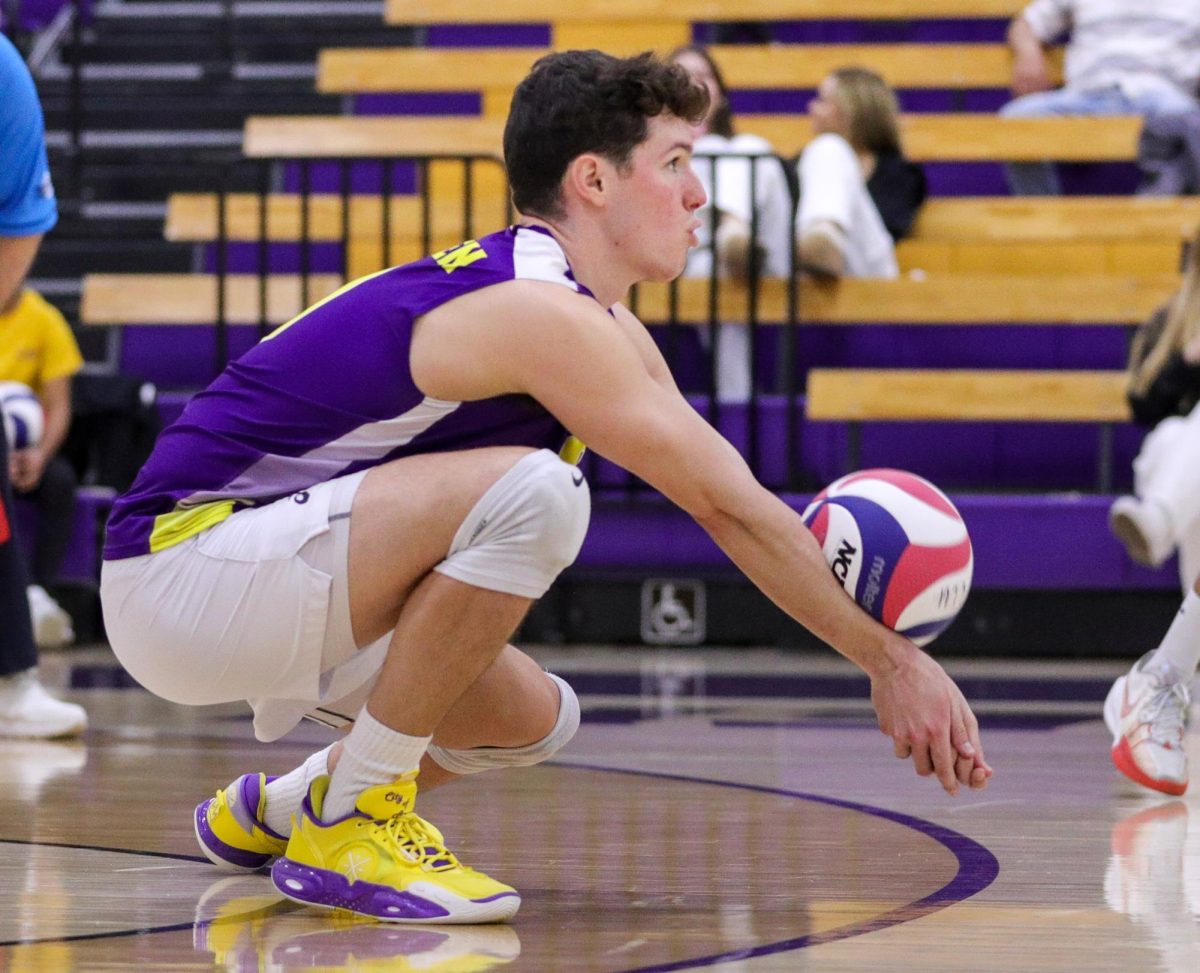At the beginning of each semester the Carnegie hours statement never fails to make an appearance in the last few sections of every syllabus. Carnegie hours add an additional amount of unnecessary stress to students by setting an unattainable study standard.
Carnegie hours serve as a unit of measurement regarding the amount of work a student should contribute to his or her studies outside of the classroom. According to the Carnegie statement, students should study for two hours outside of class for every hour they are in class.
“I think it’s important that students make academics their priority, so I understand the thinking behind the Carnegie hours,” said California Lutheran University professor of communication, Sharon Docter.
Theoretically the Carnegie hours offer a helpful guide for students. However when this unit of measurement is put into practice it leaves no time for other daily activities.
“I go from school to work to practice everyday so I have to balance it a lot, so I think having the extra hours is kind of difficult but if it’s not overwhelming it’s understandable,” said sophomore softball player Courtney Sooy.
Let’s demonstrate this by realistically applying Carnegie hours to an average student’s lifestyle. A student taking 16 credits will be in class for 16 hours a week. Carnegie hours state that students should be doing homework outside of class for an additional 32 hours a week (16 x 2 = 32). Now, if I add homework time, 32 hours, to the amount of time spent in class, 16 hours, we get 48 total hours that a 16 unit student is supposed to spend on school across a seven day period.
Is this a realistic standard for students to follow? A plausible answer to this question is yes, this is a realistic standard because students taking 16 units at Cal Lutheran are full time students. Therefore the combination of school and homework is supposed to demand all of your attention, and it can be viewed as a full-time job.
Although according to the State of California Department of Industrial Relations, a full time job is defined in the Labor Code Section 515(c) as a 40 hour per week requirement. This means a full time student is expected to exceed the hours of a full-time worker while balancing sports, part time jobs, internships, clubs, friends, family, sleep and their mental sanity.
“Well, if we’re just doing Monday to Friday that’s 21, 22 hours and then if I have just two games it’s four, so that’s 25, 26 and then if I have four games it would be like 28, 29 hours a week,” Sooy said.
A full school week and weekend is 168 hours. If we subtract out the 48 spent on school we are left with 120 hours. Assuming most students on campus are affiliated with some type of extracurricular activity whether it may be an internship, part-time job, club involvement etc., 28 hours should be a reasonable amount of time to accredit to this portion of life. This brings the sum (120-28=92) to 92 hours left in the week.
The Huffington Post states that college students get six hours of sleep a night on average or 42 hours a week (92-42=50). Three hours a day is a generous amount of time to allow for personal hygiene and meals/snacks. (50-21=29)
This leaves 29 hours a week, or 4.14 hours a day to do everything else that life demands of a person. Just over four hours a day is definitely not an adequate amount of time to leave for grocery shopping, chores, transportation, exercise etc.
Carnegie hours should not be stressed by universities as an accurate unit of measurement because although it is a guide, it is not a guide that fits any students’ lifestyle anywhere close to accurately.
With that being said I completely understand the importance of dedicating time to study outside of class, so the best solution for students is to understand and practice their time management. It can take weeks to make something a habit, so focusing and lowering procrastination through this first month of school will really prove to be helpful in conquering spring semester.
Jennifer Birch
Published February 4th, 2015








